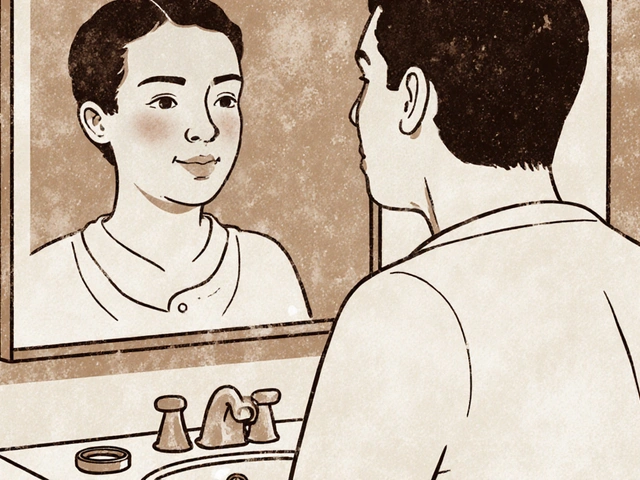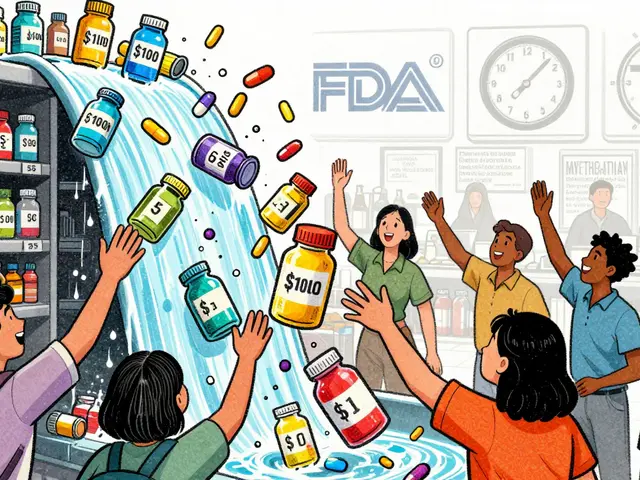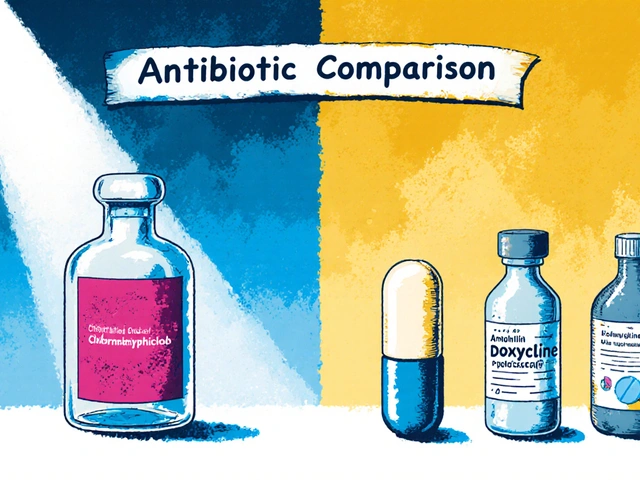Zantac lawsuit: practical info and next steps
If you took Zantac (ranitidine) and later got a cancer diagnosis, you’ve likely seen headlines about lawsuits and recalls. Here’s a clear, no-nonsense rundown of what’s going on, what evidence matters, and what you can do right now.
Who may be affected
People who used prescription or over‑the‑counter Zantac for months or years and were later diagnosed with cancers such as bladder, stomach, esophageal, or other types are the main group named in claims. Regulators found that some ranitidine products could contain NDMA, a likely carcinogen, which triggered recalls and lawsuits. That doesn’t mean everyone who took Zantac will get sick, but if you have a cancer diagnosis and past ranitidine use, it’s worth checking your options.
Timing matters. Most suits focus on exposure before recalls in 2019–2020, but exact eligibility depends on diagnosis date, how long you used the drug, and local filing deadlines (statutes of limitations).
What to do now
Start by collecting documents. Useful items include prescription bottles or receipts, pharmacy records, your diagnosis and treatment notes, pathology reports, and any communication with doctors about medication history. If you saved old medication packaging or photos, keep them. These pieces help attorneys and claims processors show exposure and link it to medical events.
Talk to your doctor about your medical timeline. Ask for copies of medical records and a clear note listing when you started and stopped Zantac or ranitidine. That note can speed up legal review and insurance paperwork.
Look for lawyers who handle pharmaceutical or product‑liability cases, preferably ones who have worked on mass torts or drug recalls. Many firms offer free case reviews and work on contingency (they get paid only if you get money). Ask about fees, past results, and how they will communicate with you.
Watch deadlines. Statutes of limitations vary by state and by the details of the claim. Don’t wait until you feel ready—missing a deadline can end your legal options. A quick call to a qualified attorney will clarify how much time you have.
Expect two main paths: settlements or trials. Many large pharmaceutical cases settle in grouped proceedings to speed payouts and reduce trial risk. Others go to court. Settlement amounts vary by diagnosis severity, medical costs, lost wages, and how strong the proof of exposure is.
Keep copies of everything and note dates. Minor details—when you first noticed symptoms, when a doctor mentioned ranitidine, or when you saw the recall—can all matter. If you used Zantac but don’t have a diagnosis, staying informed is still smart: monitor your health, keep records, and talk to a physician if you have concerning symptoms.
If you want more background on drugs, recalls, or how to safely buy medications online, explore HeyDoctor.com resources. We explain drug safety, alternatives, and practical steps you can take to protect your health and your rights.
Have questions about your situation? Consider a free legal review and a medical checkup—two quick steps that can make a big difference.

- Jun 9, 2025
- Posted by Cillian Osterfield
Zantac: What Really Happened, Safety, and Alternatives Explained
Wondering what the buzz around Zantac is all about? This article digs into the true story behind the popular heartburn drug, the safety concerns that led to its recall, and what options people have now. Get a clear breakdown of what happened and what it means for anyone who used Zantac. Facts, safety tips, and real info—no fluff, no confusion. Stay in the know about Zantac’s place in medicine today.
Categories
- Health and Wellness (72)
- Medications (69)
- Health and Medicine (28)
- Pharmacy Services (12)
- Mental Health (9)
- Health and Career (2)
- Medical Research (2)
- Business and Finance (2)
- Health Information (2)
Latest Posts
©2026 heydoctor.su. All rights reserved





